Insufficient sleep has become an urgent public health issue over the years, says the CDC.
Between 34 and 45 percent of all adults aged 18 to over 65 reported to have unintentionally and frequently dozed off during the day.
This might seem inconsequential at first, but when people start nodding off, say, when driving a vehicle, things become dangerous.
Half of Americans say they routinely don't get enough sleep — and, as we know, sleep deprivation has dire consequences — and yet don't actively take any steps toward improving their quality of sleep.
In an exclusive look below, we'll go through some of the most probable reasons you're always feeling sluggish and exhausted during the day, and see what you can do to prevent this.
From eating the right meals to learning to put down your phones and tablets, these tips will help your body's internal rhythm get back on track.
Scroll down to find out why you're always feeling sluggish during the day, and let us know your thoughts in the comments below!
1.) You're Surrounded By Clutter

A cluttered workspace or living environment may deplete your mental energy, and contribute to your fatigue.
Fay Wolf, a L.A.-based professional organizer, says that because you have less space to concentrate and get things done, and because you're overwhelmed by the mountain of mess before you, your brain won't be able to focus and be efficient.
To clear the clutter, keep only the essentials. If you're working on a project, keep only writing utensils and office supplies that will help you work.
"Go through every item, left to right, and either discard it or choose a new home for it," said Fay.
2.) You're Not Getting Enough Sunlight

"When people are exposed to sunlight or very bright artificial light in the morning, their nocturnal melatonin production occurs sooner, and they enter into sleep more easily at night," wrote M. Nathaniel Mead, a nutrition educator.
In addition to replenishing your body with vitamin D, sunlight can help your body and brain function on a regular, rhythmic schedule.
Being on a good sleep schedule will help with hormone production, cell regeneration, and other biological functions.
3.) You Have Poor Breakfast Habits

We've all heard this before: breakfast is the most important meal of the day. The effects of skipping breakfast, or of eating an imbalanced breakfast, can be dreadful.
If you skip the meal, you won't have enough calories to jumpstart your metabolism and sustain your energy throughout the day.
However, eating a large and unbalanced breakfast isn't good for you either.
To help your body perform at its highest level, eat a daily breakfast with whole grains, a little protein, and fruits and vegetables.
4.) You're Often Dehydrated
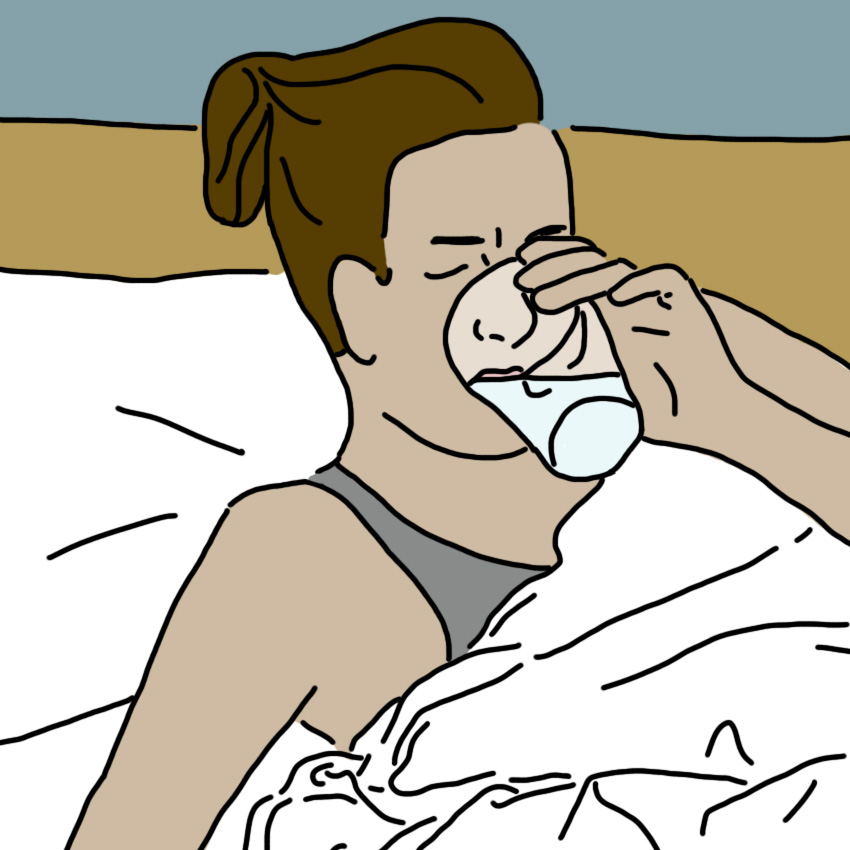
You may not realize it, but you're probably not entirely well-hydrated right now.
"Dehydrated bodies trap toxins and encourage retention — a natural defense against the chronic 'drought,'" said Dr. Frank King, who engineers solutions for wellness and health.
Your body is 60 percent water — so there is no way you can function perfectly if you're dehydrated.
Next time you're feeling tired, try chugging a glass of cold water.
5.) You're Surrounded By Negativity
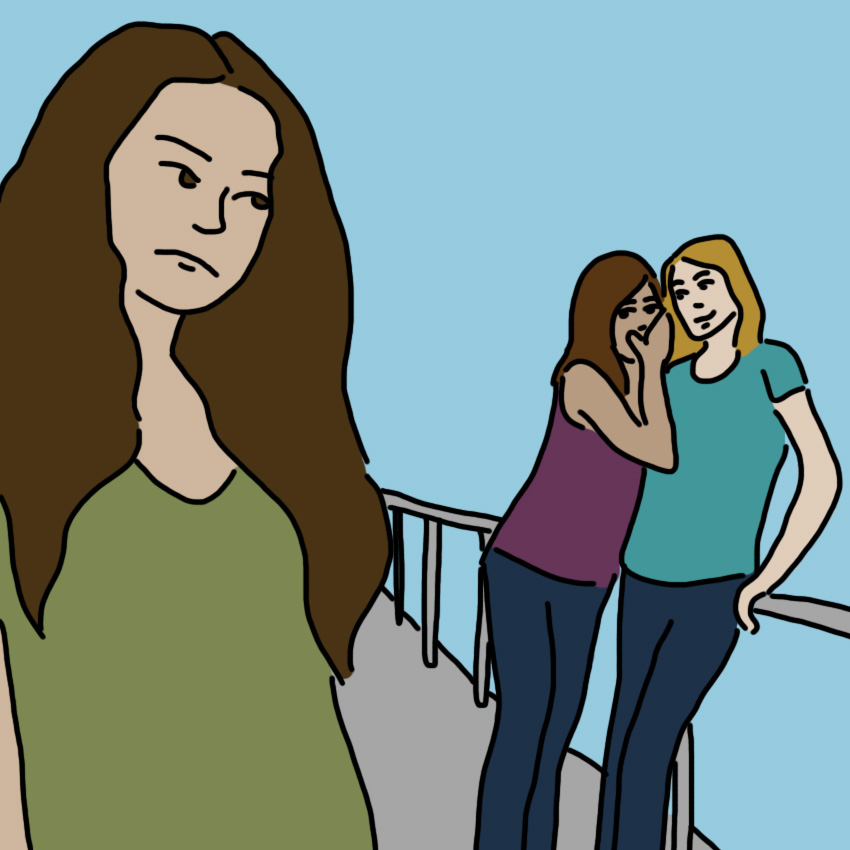
Let's look at factors outside of diet and lifestyle.
If you surround yourself with people who complain and whine all the time, you will naturally become mentally drained.
Other people's problems may affect your emotions and your body. Osteopath Vicky Vlachonis recommends cutting ties with people who do nothing but waste your time, and disturb your feelings of peace and positivity.
Instead, call up the people who make you feel good — or opt for healthy and positive alone time.
6.) You're Too Plugged In
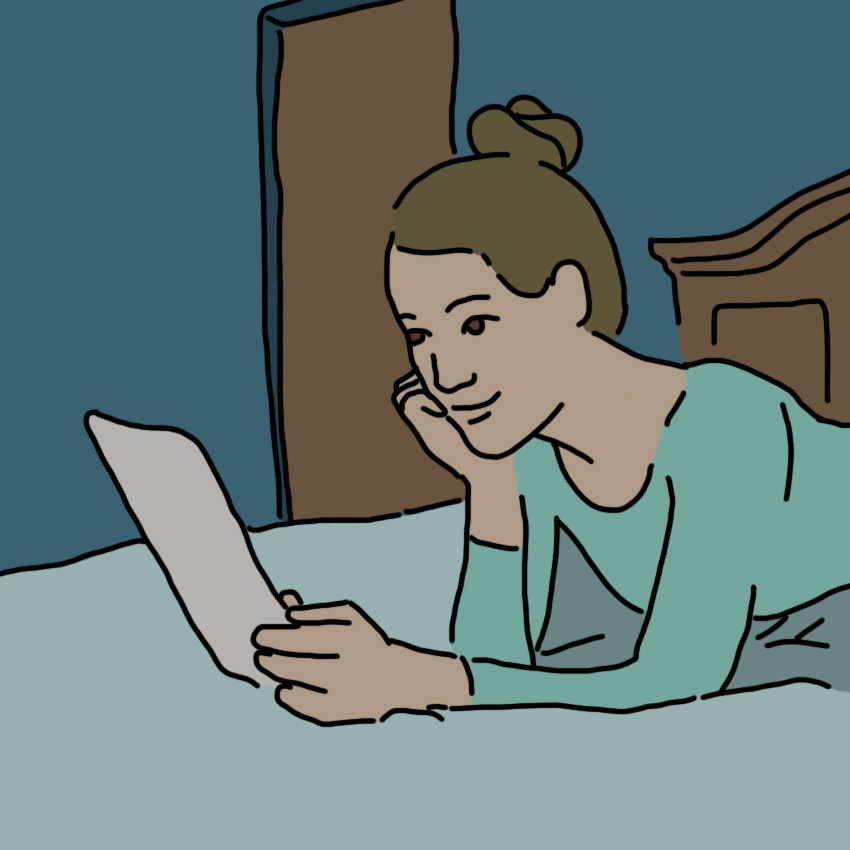
A lot of people still feel extremely sluggish even after getting eight hours of sleep.
It's important to get enough sleep, but it's equally important to have quality sleep.
Many people make the mistake of putting in too much screen time right before bed — they watch TV, browse on their phone, or play on their tablets — and, as a result, don't get the right amount of REM sleep they're supposed to.
When it's time for bed, put the electronic devices away. If you have trouble falling asleep, crack open a good ol' fashioned book.
7.) You Sleep In Too Much
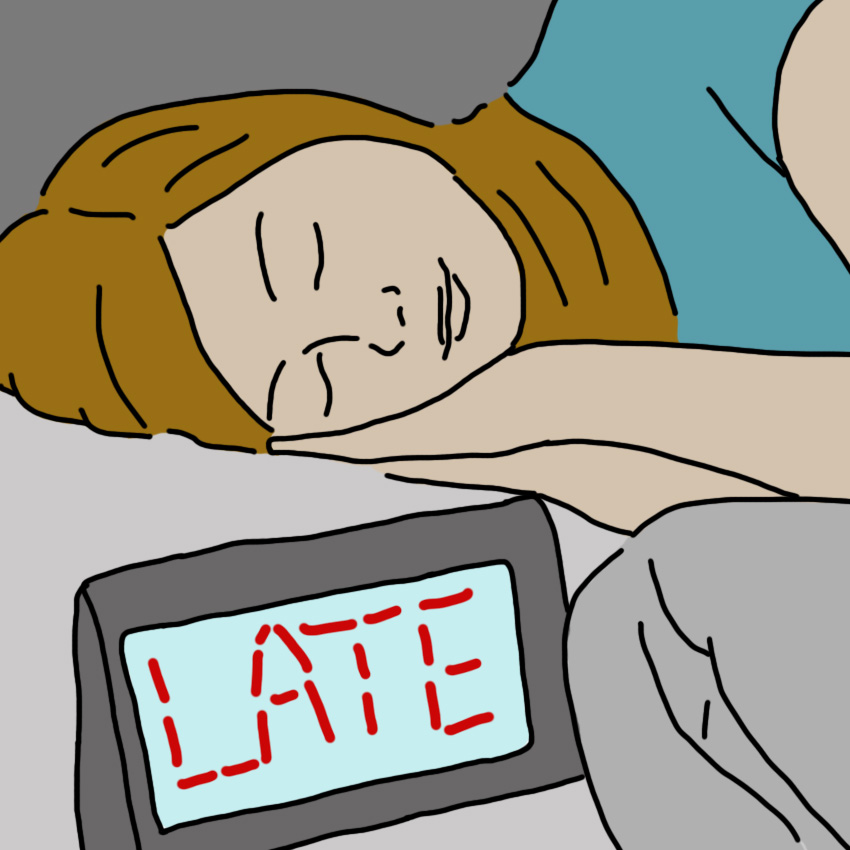
Many scientists call oversleeping "sleep drunkenness," because it induces a sluggishness throughout the day.
Oversleeping will disturb and misguide your internal biological rhythms, and confuse the part of your brain that regulates your body's daily cycle.
A 2008 study by Harvard University even showed that rising early makes us more proactive, more attentive, and more successful at our jobs and completing our tasks.
Even on the weekends, be sure not to let yourself sleep too late, as it will disrupt the upcoming week's schedule.
8.) You Aren't Getting Enough Exercise
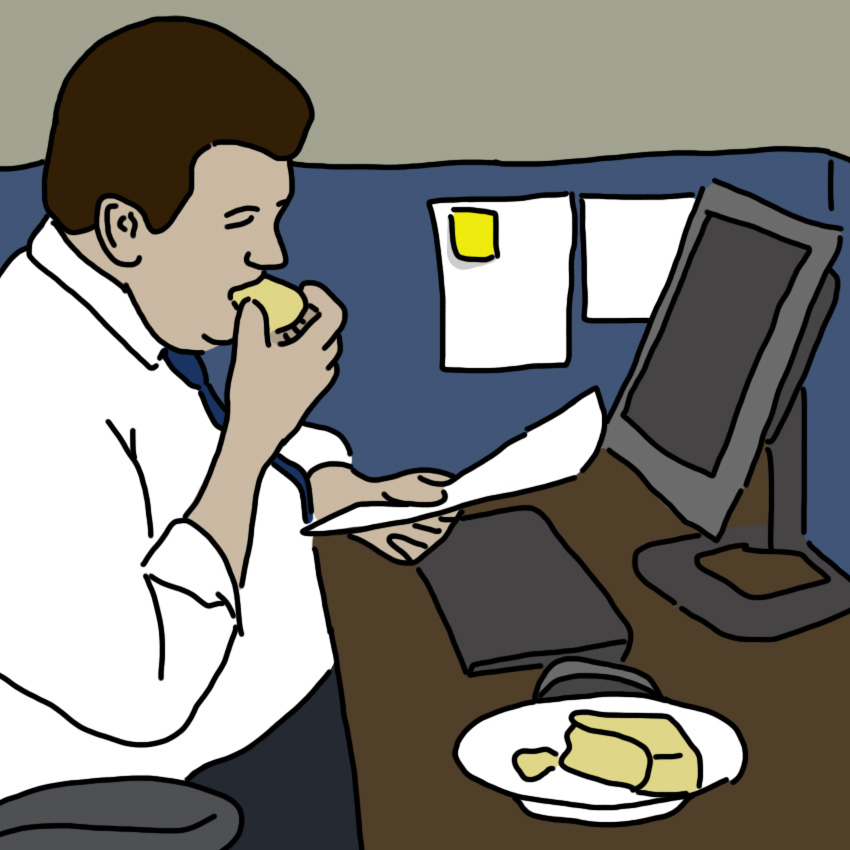
It is dangerously easy to slip into a sedentary lifestyle. Sitting in a fixed position for hours on end can take a toll on your body.
You may feel pain and stiffness in your neck, back, and head, and experience a lingering soreness.
It's vital to maintain an active lifestyle to the best of your abilities, so that you can balance your hormones, and dispel fatigue, weight gain, and mood fluctuations.
Try exercising lightly for just 20 minutes every day for a few weeks. If you're at work all day, take little five-minute stretch breaks every hour, and plan regular outdoor activities after work.
9.) You May Have A Food Intolerance

Diet plays a crucial part in keeping our bodies fit and focused.
Ongoing research suggests that there are three main food groups that can induce sluggishness in some people: dairy products, gluten, and fruits and vegetables in the nightshade family.
In many cases, food sensitivities and intolerances can contribute to a debilitating tiredness and exhaustion. It's best to consult your doctor or a nutritionist to figure out the right diet for your lifestyle!
10.) You Have A Medical Condition
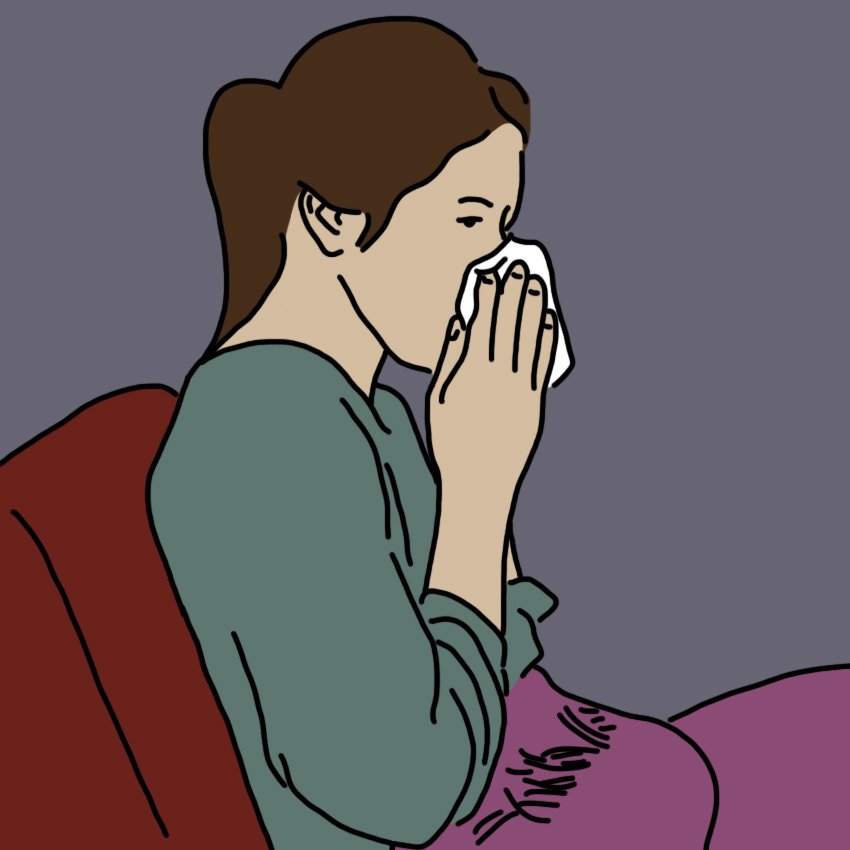
There is a whole list of medical conditions that can contribute to sluggishness.
Some chronic conditions like allergies and hay fever can trigger severe bouts of exhaustion. Other conditions, like anemia and diabetes, can disturb your levels of iron and affect your blood sugar levels, and cause fatigue as a side effect.
Secondary conditions like menopause, depression, and anxiety are also known to cause difficulty sleeping and unnatural sluggishness, according to WebMD.
Please SHARE these crucial facts and tips with friends and family who often feel tired during the day!




